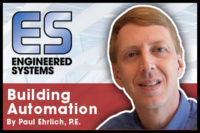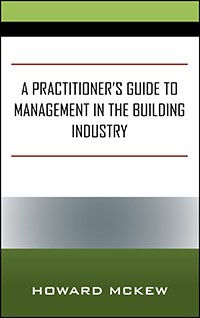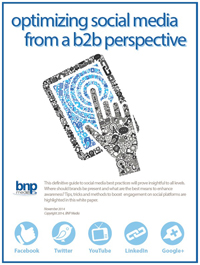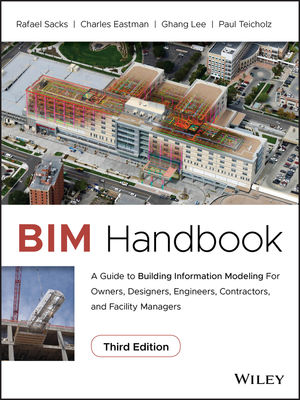Engineers have spent most, if not all, of their careers developing skills to be proficient at engineering. Seldom do they take public speaking classes, get papers published, and/or lecture. These three skills can differentiate one engineer from so many other engineers. At the same time, these skills can be the building blocks to help make an engineer less of a commodity and more of a specialist. If you want to check out some of these specialists, attend the winter ASHRAE conference where these engineers will be presenting and lecturing.
Path of Least Resistance
Engineers also tend to follow the path of least resistance by calling on architectural firms to get their work rather than call on the owners to get their work. Unfortunately, most of the competition is also pursuing the architectural community for their work. If engineers continue to pursue this resource, they need to ask themselves, "Why do architects lead and engineers follow, and how did that happen?" My answer to those two questions, "Try turning the tables and get to the client first!"When soliciting an RFP, most will tell you that RFP means, "request for proposal." For me, RFP means "risk firm's profit." Unless the decision making process is going to be based on "best value," why would any engineer invest company earnings to pursue an RFP based on the selection process being low bid? What is the incentive to do this?
The challenge of not losing money on the job or the opportunity to "not get the repeat business unless you are low bid again"? Instead of taking the easy road to procuring business, really good engineers should focus on competing based on best value and not participate, endorse, or encourage low bid RFPs.
The Investment of Time
In trying not to be a commodity, do engineering firms track their closing ratio and/or how much they invested in completing a proposal? This is always an interesting exercise and very enlightening for many companies. To make the change from commodity to preferred firm, engineering companies need to focus on a business plan that strategically invests in obtaining business. The focus should be on well-qualified engineering opportunities and not giving into the easily obtained RFP document. In tracking the number of proposals, if the quantity is high and the closing ratio low, chances are the firm is in the commodity rat race. If the number of proposals is low and the closing ratio high, the firm is on target to break the mold.The cost of competing in the commodity business is no less expensive than being selective with proposals. Submitting a bid requires participation by management, sales, administration, and/or engineer(s). Proposals will usually require a minimum of 16 hours and more likely in excess of 40 hours. Do the math and it adds up quickly. Do lots and lots of unqualified proposals and the RFP (risk firm's profit) becomes a business liability.
Starting in 2002, it would be nice if engineering services could only be purchased based on value and not on low price. After all, are we a commodity? ES




